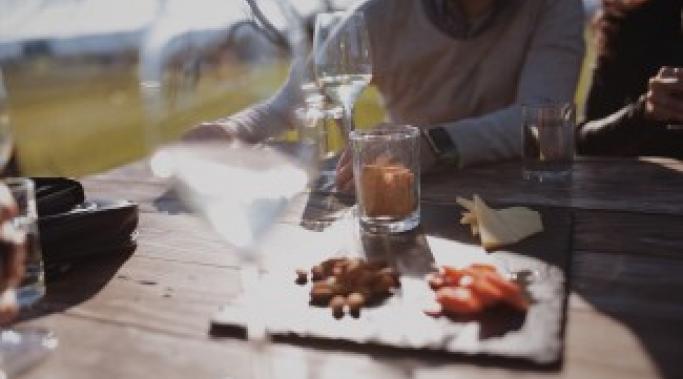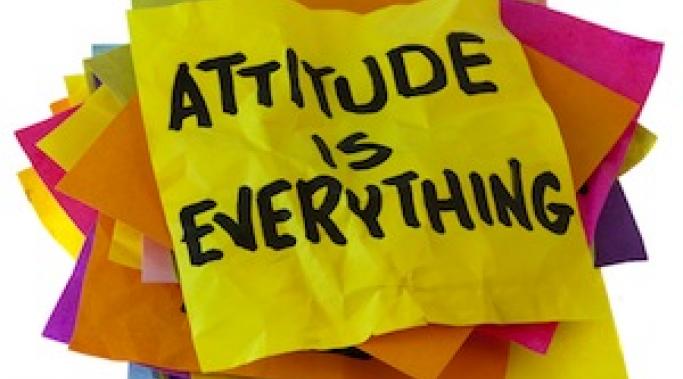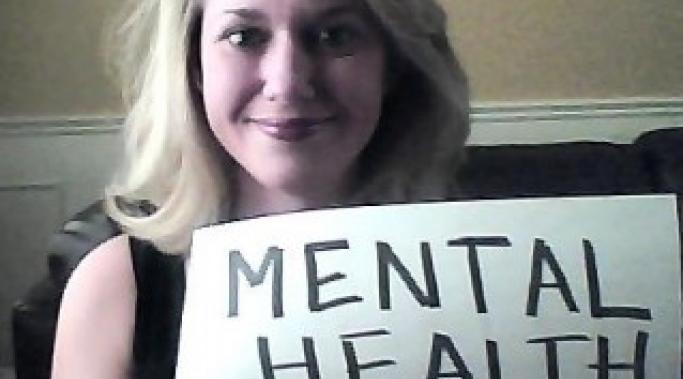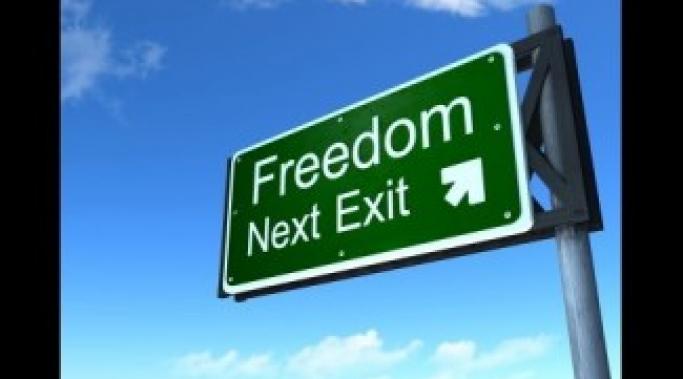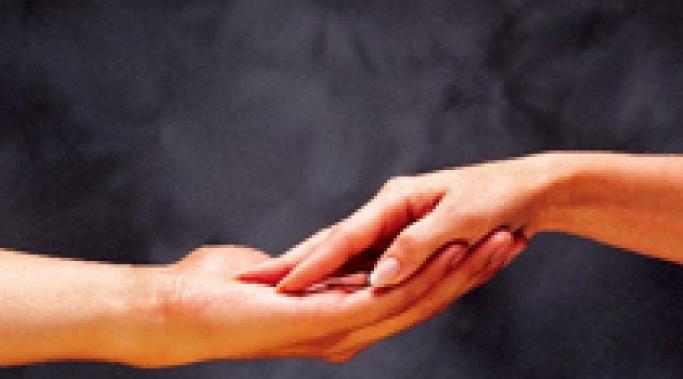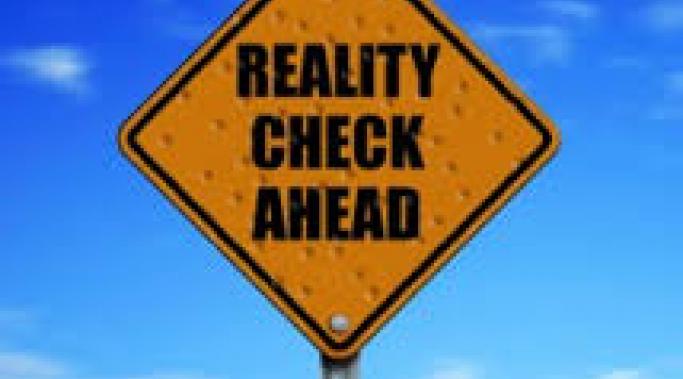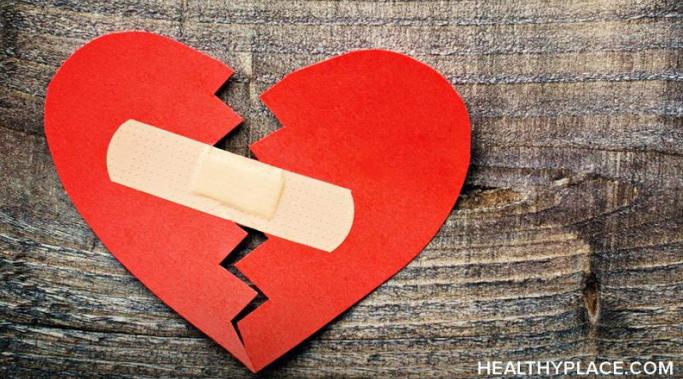Eating disorders can make us feel invisible. If we’re anorexic, strangers stare at us on the street, watch cautiously as we order coffee taking note of the calorie content, perhaps feeling confusion or pity in their hearts for us. If we’re bulimic or have binge eating disorder, we may weigh a “normal” weight so we may not be stared at or confronted by family or friends, but inside we’re holding a heavy monster of a secret. No matter what specific form our eating disorder takes, there’s a level in which eating disorders makes us feel invisible.
Friendships
Making food your friend in eating disorder recovery is a scary notion. For many of us, food has become something to be feared, rationed, avoided, or lied about. Food has become a source of greed and pain, purging and sorrow, restriction and pride. We use food in unhealthy ways to regain our sense of control over the spinning world around us, and the pain in our lives. As much as we dismiss the food, the obsession with it grows until it becomes a thing of love and hate, want and fear. But food is much more than this. It’s time that we made food our friend in eating disorder recovery.
Patricia also made a great video about a year and a half ago about how to prepare for triggers in social situations. And while the food is panic-provoking, that is only half the battle. You also have to deal with people. I see family every year (which I look forward to) but because I only see these folks once or twice a year, I drive myself crazy wondering if I'm fatter or thinner than they saw me last. And, being well-meaning, loving people, my family want to tell me all sorts of supportive things about how great I look now that I'm in recovery. But, please, don't say these things about my eating disorder.
I was hospitalized in an inpatient facility for a few days recently (not for my anorexia, but a comorbid condition). I was there long enough to see some patient turnover and was reminded just how much the attitudes of people you are in treatment with can affect you. In school, we call this the "therapeutic milieu." I prefer to think of it as the general "vibe" of the unit.
Roughly 10 years ago this week, I was moving out on my own and attending graduate school. Many other big changes were happening at the same time in my life, but looking back, I can honestly say that those two had the biggest impact on my eating disorder spinning out of control around that time. It is no surprise that major life changes or transitions can, unfortunately, be triggers for a number of events or conditions in one's life, including eating disorders.
Here's a bit about my experience on this and how it related to my mental illness.
If you’ve read my blog for a while, you’ll remember that my eating disorder recovery started a little over 6 years ago when I found myself in the hospital, facing the physical consequences of binging and purging since I suffered from bulimia for most of my life as a young adult.
What I haven't focused on in previous posts, was that at the time I decided to get better, I didn’t have the resources to see a therapist, nor was our public health system available to help as I would have liked. So, not unlike many others facing an illness with a lack of adequate resources or treatment options, I did what I could on my own at first to pick myself up from rock bottom.
Though I am very public about my past experiences with an eating disorder and my recovery maintenance, it still doesn’t mean everyone I interact with knows every aspect of my past. So, sometimes, when I’m out eating with a group of people, someone will start to mention about a diet or some form of dietary restriction (e.g. vegetarian, paleo, etc.) they follow.
Usually when that happens, I’ll listen with empathy if it is needed, but I will rarely engage with my own thoughts on diets and weight loss. Part of the reason for this, is that it is a different dynamic when you are in a group, rather than one-on-one, but also part of my recovery is not always making every social interaction about my food, diet, and body image.
Not a day goes by without me feeling grateful about being able to share with you on this blog my lived experience with an eating disorder. The concept of giving back to others who stand where I once stood makes me very happy and truly helps me maintain my recovery.
One of the major adjustments I've had to deal with in the last 6 years since I've started recovery from bulimia, has been to accept and love how my body looks and feels without abusing it the way I did for years. Because I suffered from bulimia and not anorexia, it was easier to hide at the time that I was suffering from an eating disorder, because I still looked 'normal' and maintained almost the same weight for a few years.
When you have an eating disorder, you lose a lot. Some of these things - weight, bone density, sanity, self-respect - can be regained during eating disorder recovery. Others - like relationships lost to your eating disorder - may never return.

